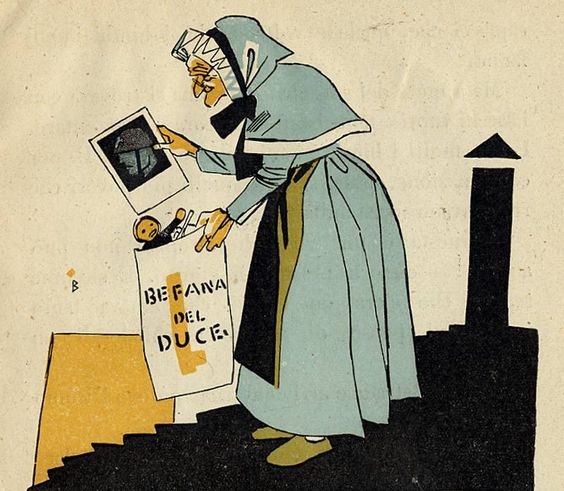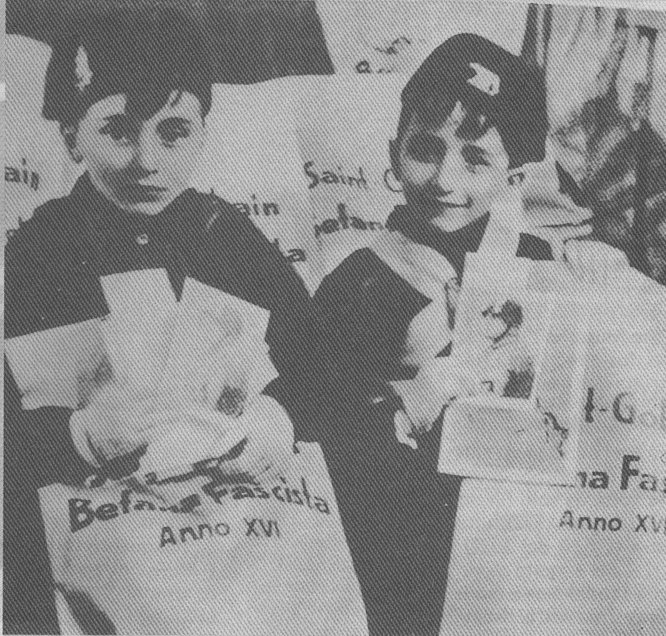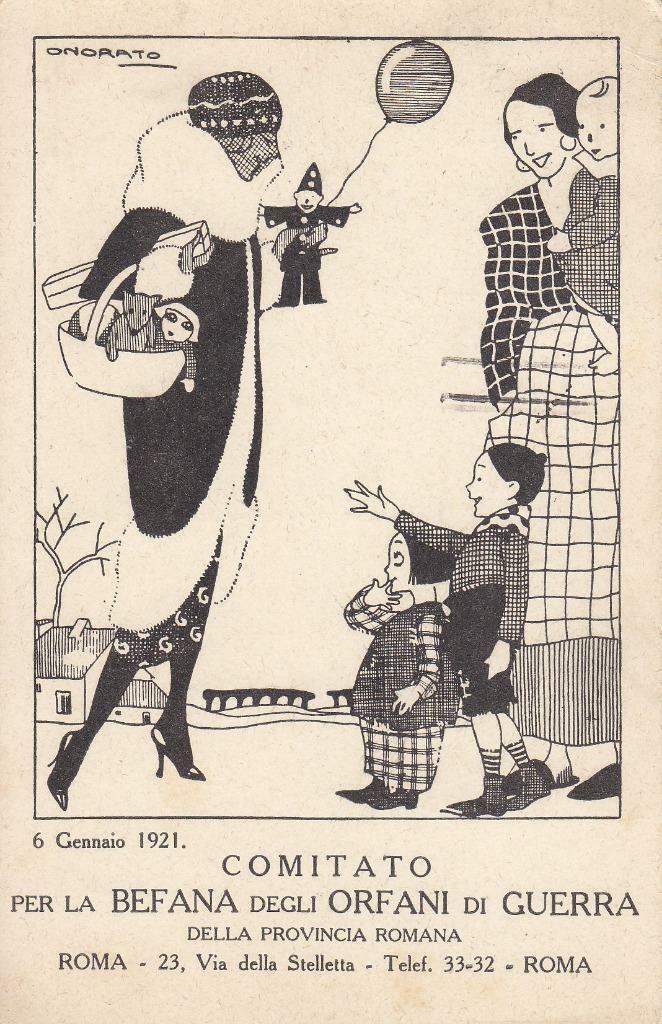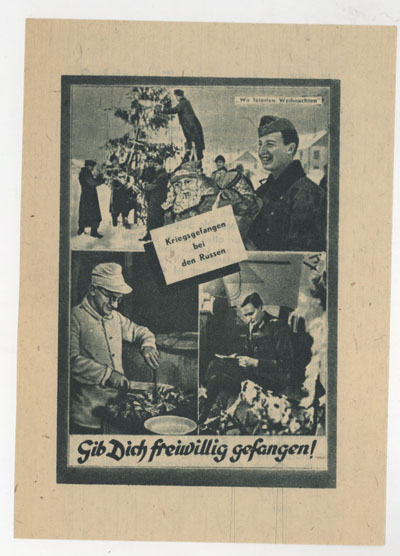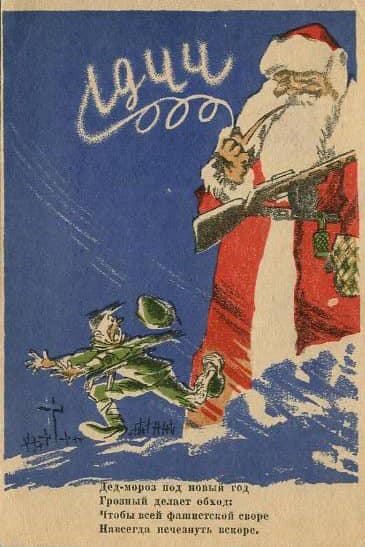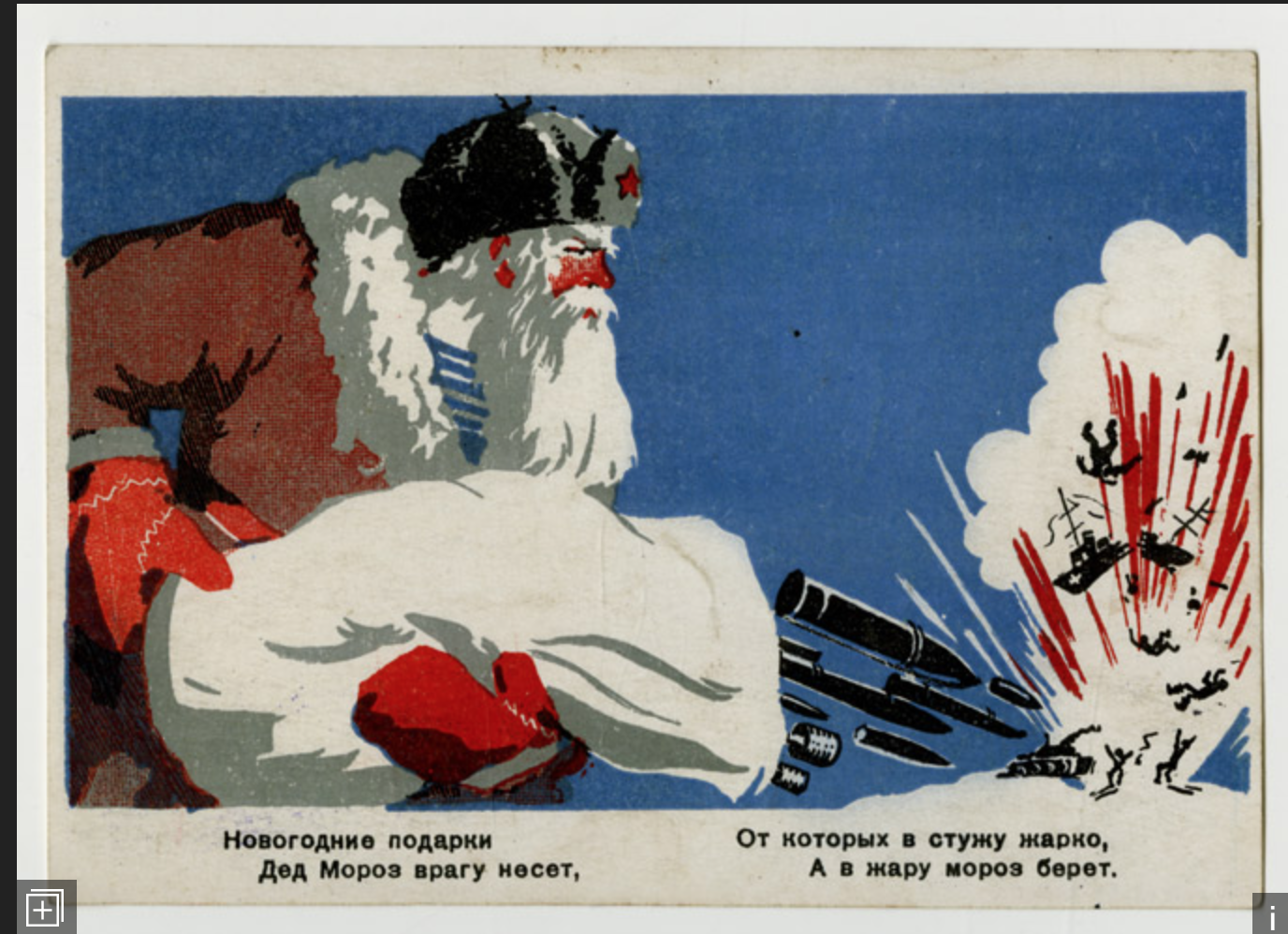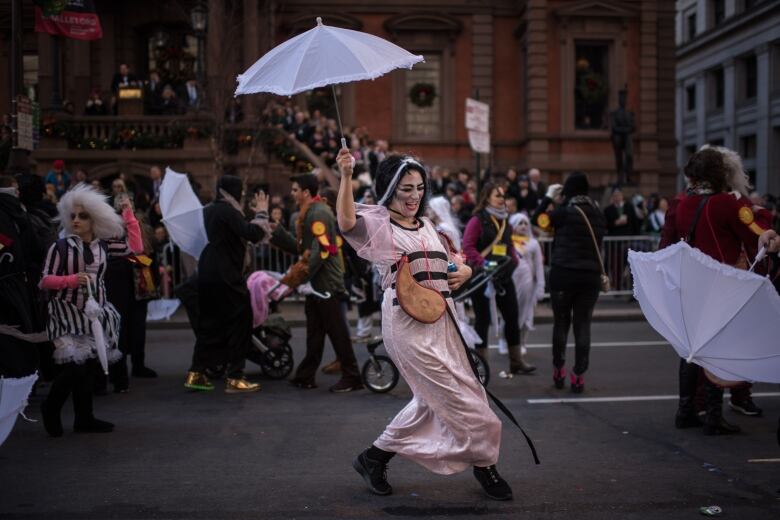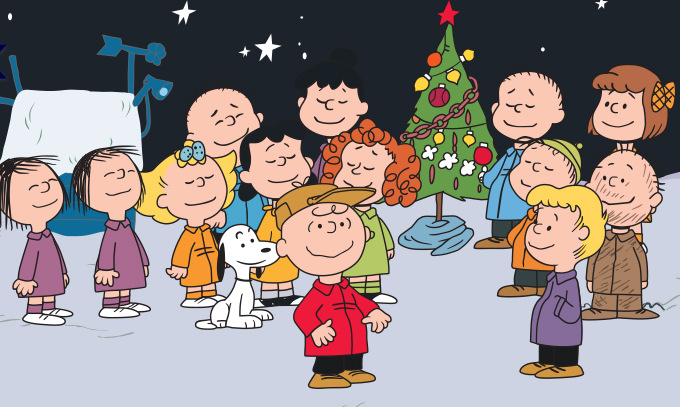Monday is a gift of socks under life’s Christmas tree. – maggiesfarm.com, 2021
To be honest, to be kind — to earn a little and to spend a little less, to make upon the whole a family happier for his presence, to renounce when that shall be necessary and not be embittered, to keep a few friends, but these without capitulation — above all, on the same grim condition, to keep friends with himself — here is a task for all that a man has of fortitude and delicacy. He has an ambitious soul who would ask more; he has a hopeful spirit who should look in such an enterprise to be successful. There is indeed one element in human destiny that not blindness itself can controvert: whatever else we are intended to do, we are not intended to succeed; failure is the fate allotted. – Robert Louis Stevenson, “A Christmas Sermon”, 1887
I could go on and on about the suffering we’ve endured and the adaptations we’ve made, but to me, our species’ crowning jewel is that on the shortest day of the year, when the sun spends most of its time swallowed, when everything is frozen, when nothing can grow, when the air is so cold our voices stop right in front of our faces we put a string of lights on a universe that is currently doing nothing to earn it. We not only salvage an otherwise desolate time of year, we make it the best time of year. – Dan Harmon, “Drunk High Christmas Greetings!”, 2008
One Christmas was so much like another, in those years around the sea-town corner now and out of all sound except the distant speaking of the voices I sometimes hear a moment before sleep, then I can never remember whether it snowed for six days and six nights when I was twelve or whether it snowed for twelve days and twelve nights when I was six. – Dylan Thomas, A Child’s Christmas in Wales, 1952
For children, Christmas is everything they might be given; for an adult, Christmas is everything we have lost. – Mark Forsyth, A Christmas Cornucopia
